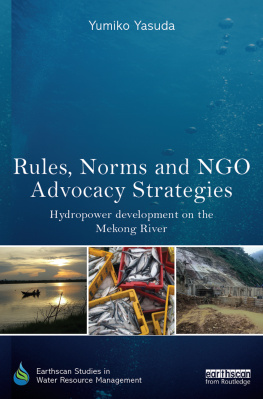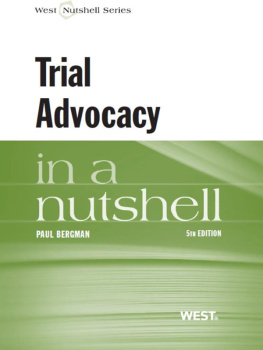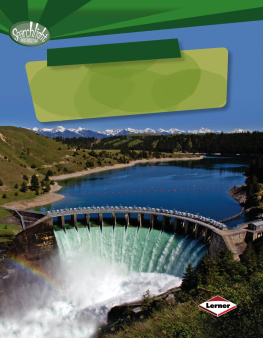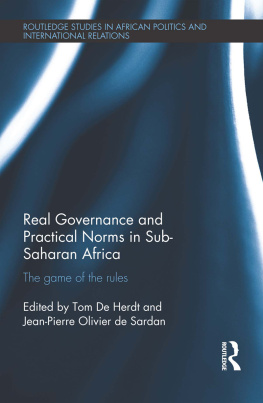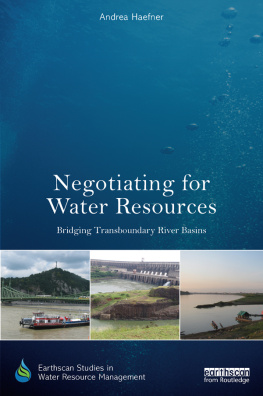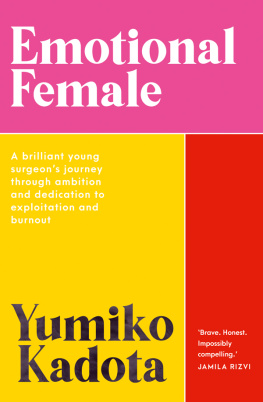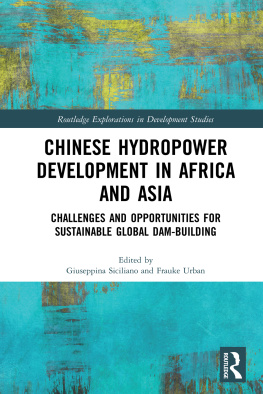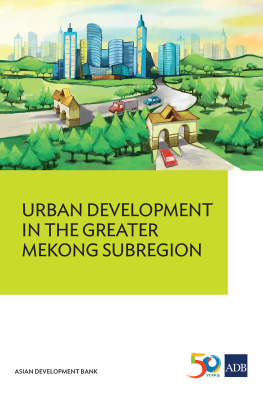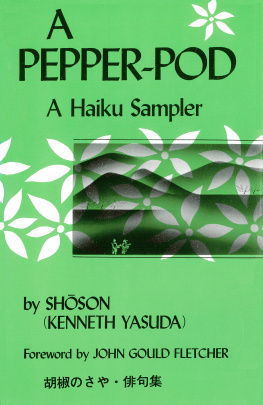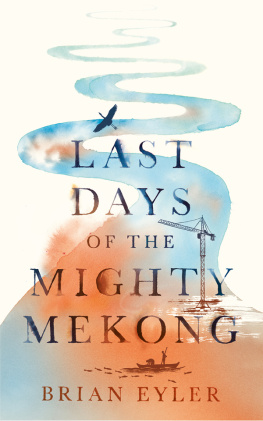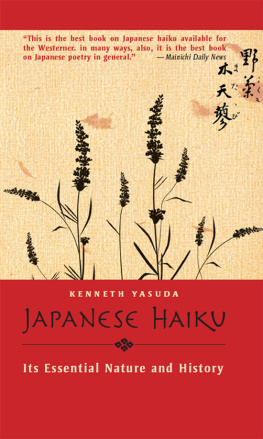Rules, Norms and NGO Advocacy Strategies
There is much controversy over the development of new dams for hydropower, where concerns for environmental protection and the livelihoods of local people may conflict with the goals of economic development. This book analyses the opportunities and barriers that NGOs and civil society actors face when conducting advocacy campaigns against such developments.
Through a comparison of two NGO coalitions advocating against the Xayaburi hydropower dam on the Mekong River, the book explores the intricate interactions of formal and informal rules and norms, and how they influence advocacy strategies. A framework for analysis is proposed which serves as a tool for use by civil society actors. The author generates fresh insights into the creation of opportunities and barriers for NGOs aiming to influence state-centric decision-making processes.
The book also discusses in detail Mekong riparian states negotiation process over the Xayaburi hydropower dam, providing an analysis of the Mekong Rivers governance under the 1995 Mekong Agreement. It concludes by suggesting ways to improve the engagement of civil society actors in the governance of transboundary rivers and development projects.
Yumiko Yasuda is an environmental and water governance specialist. She was a researcher for the Centre for Water Law, Policy and Science, University of Dundee, Scotland, UK. She has previously worked for the World Wide Fund for Nature (WWF) and the United Nations Development Programme (UNDP) in Southeast Asia.
Rules, Norms and NGO Advocacy Strategies
Hydropower development on the Mekong River
Yumiko Yasuda
First published 2015
by Routledge
2 Park Square, Milton Park, Abingdon, Oxon OX14 4RN
and by Routledge
711 Third Avenue, New York, NY 10017
Routledge is an imprint of the Taylor & Francis Group, an informa business
2015 Yumiko Yasuda
The right of Yumiko Yasuda to be identified as author of this work has been asserted by her in accordance with sections 77 and 78 of the Copyright, Designs and Patents Act 1988.
All rights reserved. No part of this book may be reprinted or reproduced or utilized in any form or by any electronic, mechanical, or other means, now known or hereafter invented, including photocopying and recording, or in any information storage or retrieval system, without permission in writing from the publishers.
Trademark notice: Product or corporate names may be trademarks or registered trademarks, and are used only for identification and explanation without intent to infringe.
British Library Cataloguing in Publication Data
A catalogue record for this book is available from the British Library
Library of Congress Cataloging in Publication Data
A catalog record has been applied for
ISBN: 978-1-138-92029-3 (hbk)
ISBN: 978-1-315-68717-9 (ebk)
Typeset in Bembo
by Saxon Graphics Ltd, Derby
Contents
PART I
Research design
PART II
Biophysical and material conditions, actors, rules, and norms
PART III
Strategies and interactions
The journey to complete this book was one of the most rewarding experiences of my life. I was fortunate to be accompanied by so many people who supported me during this journey.
I would like to thank Mr Tim Hardwick and Ms Ashley Wright from Routledge/Taylor & Francis Group for providing me with the opportunity to write this book, and thank editorial staff for their valuable feedback and support they provided. I am grateful to Professor Geoff rey Gooch and Dr Alistair Rieu-Clarke for their support and patience through engaging in hours of discussions with me on the subject, and providing constructive criticisms on my writings. Many thanks to Dr. Jamie Pittock for encouraging me to publish my work, and Dr. Janet Liao and Dr. Sarah Hendry for providing constructive feedback on my work. Mr Sopheak Chanh from the University of Sydney provided me with a map used in this book. Many thanks to Stefan and Namiko for providing me with creative ideas about the book.
I would like to thank all the interviewees who made themselves available, and told me so many interesting stories. Special thanks to members of the Vietnam Rivers Network and the Rivers Coalition in Cambodia, for being supportive of my research idea and being so collaborative. I sincerely hope my research will be useful to all of you. I am grateful to colleagues at the Worldfish Centre Phnom Penh Office for kindly accommodating me during my stay in Phnom Penh. My book also benefited from discussions and feedback from many other people I encountered: feedback I received during conferences, conversations I had with friends while sitting by the Mekong, casual chats with villagers in Cambodia during my fieldwork, and many other occasions. Although I cannot mention each name, I would like to thank every one of you who gave me inspiration and encouragement throughout my journey.
Many friends and colleagues, who live all over the world, supported my work. My friends and colleagues at University Dundee always remained by my side, during the time of difficulties, sharing tears and laughter. I would like to thank Amanda, Graham, Satomi, Aya, Junichi, Liana, Peter-John, Nancy and JD for generously accommodating me during my fieldwork, and introducing me to their local contacts. My friends Hoang and Hung helped me to understand some of the Vietnamese documents. I would like to thank Robert for always sharing valuable information and his insights from the Mekong. Many thanks to Dr. Philip Andrews-Speed and Erin for their feedback on my draft chapters. Academic discussions I had with researchers at the Mekong Research Group at the University of Sydney were valuable for analysing my field data. Special thanks to Professor Philip Hirsch for his kind support.
The research for the book was funded by the Joint Japan/World Bank Graduate Scholarship Programme and the Endeavour Research fellowship. Travel to Vietnam through the LiveDiverse project meeting gave me the opportunity to conduct my initial fieldwork in November 2011.
Finally, I would like to thank my family for always being supportive of my challenge in life. Without their unconditional love and encouragement, my journey would not have been completed.
3SPN | 3S Rivers Protection Network |
ADB | Asian Development Bank |
AMRC | Australian Mekong Resource Centre |
ANT | actor network theory |
ASEAN | Association of Southeast Asian Nations |
BAED | Buddhist Association for Environmental Development |
B&M | biophysical and material (condition) |
BOT | build-operate-transfer |
CAN | Climate Action Network |
CARD | Council for Agriculture and Rural Development |
CBD | Centre for Biodiversity and Development |
CBO | community-based organization |
CCC | Cooperation Committee for Cambodia |
CCIM | Cambodian Center for Independent Media |

